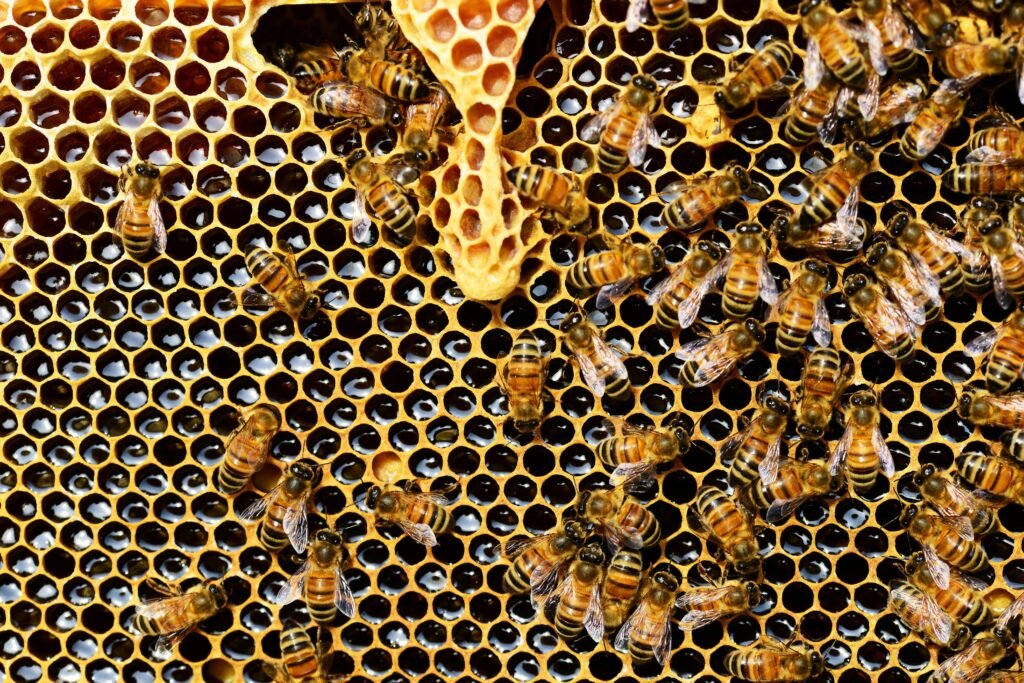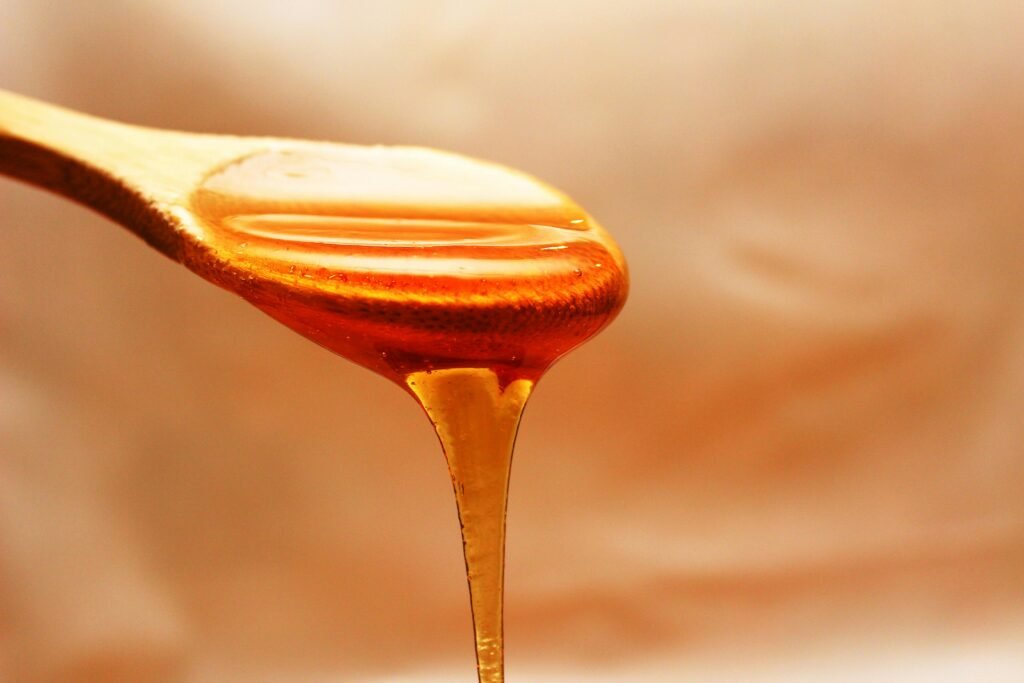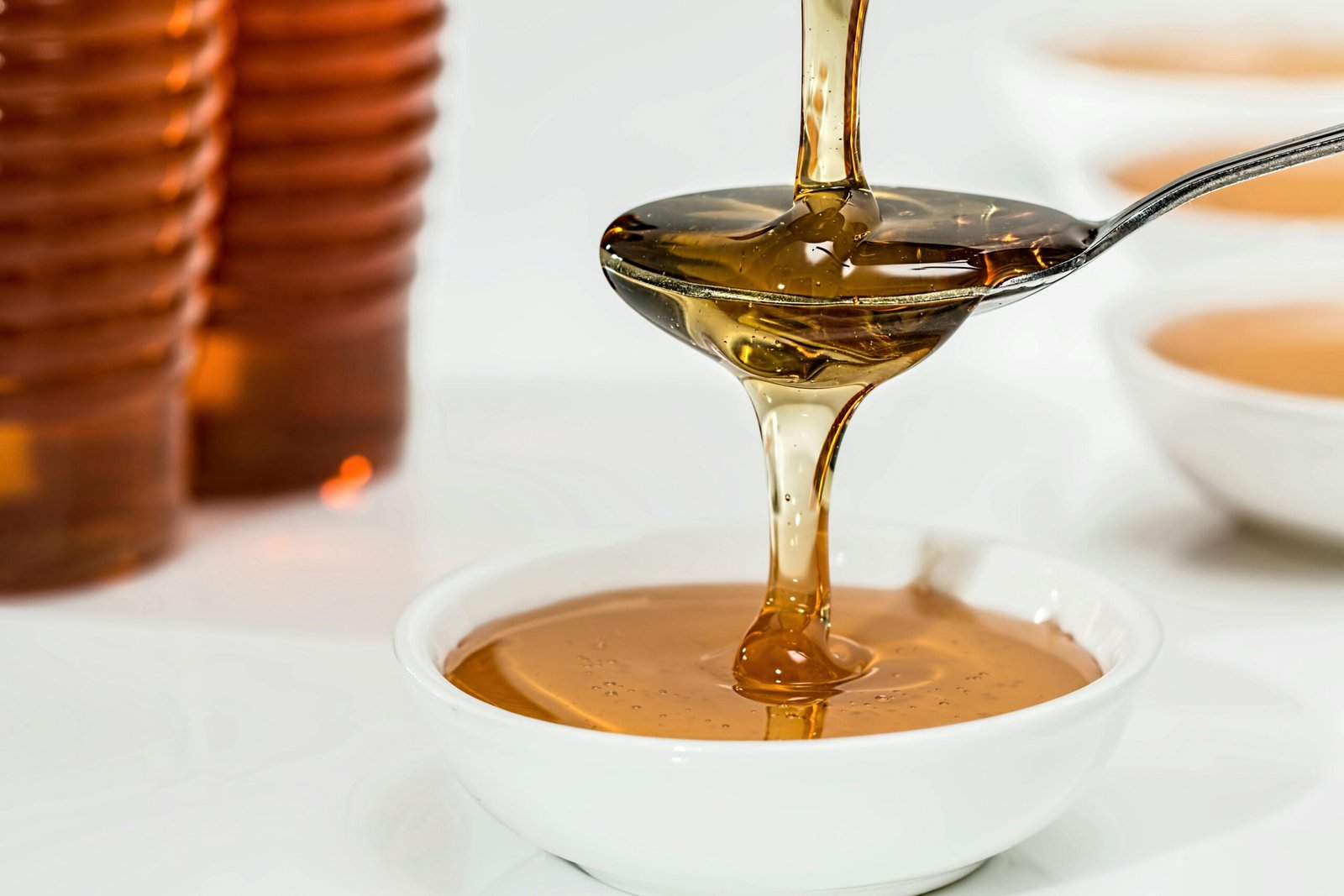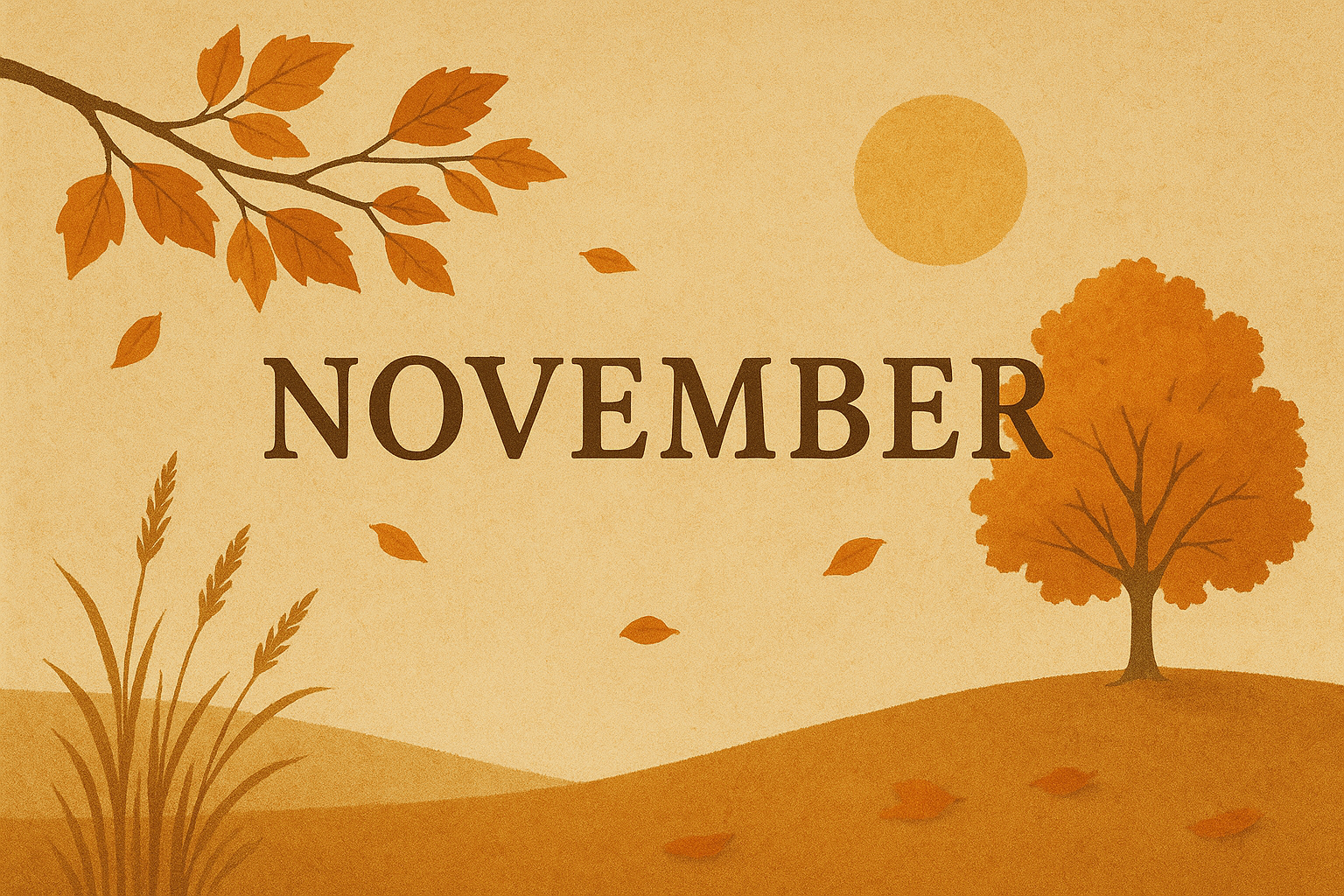“Honey is the distilled essence of nature — sunlight captured by flowers, gathered by bees, and offered to us as golden sweetness.” – Anonymous
Honey is a sweet, floral, fruity, golden, viscous, smooth, luscious, and aromatic substance that has transcended time and geography, finding its place across civilizations. Before the introduction of refined sugar, golden honey flowed from the combs of bees—sweet, healing, and revered by both gods and humans alike.
Honey in Myth and Religion
In India, honey holds deep cultural, spiritual, and mythological significance. It is not only regarded as a source of sweetness but also a symbol of prosperity, fertility, and divine grace.

Hindu Myths
According to the Hindu mythology, honey emerged during the Samudra Manthan (churning of the ocean) by devatas (Gods) and danavas (demons) alongside Amrit (the elixir of life). Thus, it symbolized wealth and sustenance. “Honey” means “Madhu” or “sweet” in Sanskrit and also refers to a demon named Madhu who emerged from the earwax of Lord Vishnu during his Cheer Nidra. He was defeated by Narayan.
Samudra Manthan
Honey is revered for its healing properties in Ayurveda, the ancient Indian medicinal practice. Honey is offered to the pantheon of Gods and goddesses in Hindu rituals in order to invoke their blessings. Thus, honey occupies a sacred place in Indian culture, embodying both physical nourishment and spiritual abundance.
Egyptian Myths
According to the Egyptian ritual contained in the “Salt Magical Papyrus”, “When Ra (the Sun God) weeps again the water which flows from his eyes upon the ground turns into working bees. They work in flowers and trees of every kind and wax and honey come into being.”
The Egyptians cherished honey so much, jars of the liquid gold were buried with deceased royalty to give them a sweet transition into the afterlife. According to some ancient papyrus, honey was used for its medicinal property to avoid pregnancy. Egyptians also regarded honey as an instrument to prevent ghosts from returning from the afterlife.
Greek Myths
In the Greek myths, bees were considered servants of the gods and honey was worshipped due to its healing attributes and power. They are represented in jewellery, money, and statues of goddesses. Melissa was the goddess of the bees. She was a nymph who was taught the craft of bee making by the bees. According to the myths, the King of God, Zeus was nursed by the bees while his sons were nursed by Melissa. Another myth states that Zeus was fed with the milk of goats and with the honey of ‘Melissae’. The immortals drank wine and ambrosia (honey).
Roman Myths
Mellonia, was revered in Roman religion as the goddess who protected bees and ensured the abundance of honey, which was considered to be a symbol of divinity as well as healing. God Jupiter was particularly associated with honey. There was a mythical ritual called begonia in which bees were supposed to be born from the carcass of a sacrificed bull. They thus, symbolized the immortality of the soul and rebirth. Seminal Roman authors like Virgil considered bees to be the symbol of industriousness and praised them for their discipline and order.
The Cultural Legacy of Honey in Early Civilizations
In ancient Mesopotamian civilization, honey cakes were offered to the gods in temples. Inscriptions from as early as 2100 BCE describe its use in medicine and cosmetics. In China, the Taoist alchemy was of the opinion that honey nurtured “Qi” (life energy) and enhanced longevity. Its health benefits are extolled by the ancient medicinal text called Shennong Bencao Jing. Apart from Egypt, across the ancient Sub-Saharan Africa, honey had spiritual, nutritional and medicinal value. The San people of southern Africa valued honey as a sacred, life-giving food, and hunter-gatherers often relied on honeyguides (birds) to locate wild hives.
Traditional Beekeeping Practices
Slovenia is called Europe’s bee-keeping capital. The native Carolian bee is central to the tradition. Painted hive panels (panjske končnice) which depict folklore and rural life celebrate the traditional bee keeping practices. In fact, May 20th is celebrated as the World Bee Day in honour of Slovenian beekeeper Anton Janša. Ethiopian white honey, especially from the Tigray region, features prominently in religious rituals and the making of tej, a honey wine. Ancient Indian scriptures like the Rigveda and Ayurveda honour madhu (honey).

Honey in Cuisine and Daily Life
Across the globe, honey is cherished as an ingredient in sweets and drinks of various kinds. In India, it sweetens traditional treats like chawanprash, laddu, and herbal teas, often valued for its health benefits. Turkish baklava and yogurt have honey. Qahwa (Arabic coffee) and festive pastries such as ma’amoul contain honey.
The Bee’s Gift: Ecology and Sustainability
Bees form a fundamental pillar in the health and sustainability of our planet. 75% of global food crops like nuts and coffee are produced through pollination by bees. Thus, they support biodiversity, and sustenance of ecological balance between flora and fauna.
Some Interesting Facts About Honey
Honey never spoils. Archaeologists have found 3,000-year-old edible honey in Egyptian tombs.
It’s the only food made by an insect and consumed by humans.
Honey is the only food that contains all the substances necessary to sustain life—including enzymes, vitamins, minerals, and water.
A single bee produces only about 1/12th of a teaspoon of honey in its lifetime.
Honey has been used as a natural wound healer in various cultures for centuries.
The flavour and colour of honey vary depending on the nectar source.
Conclusion: The Soul of Sweetness
The next time you consume honey or the by-products of beekeeping you will recall the entire gamut of mythological, cultural, and traditional significance of this liquid gold. From providing food and livelihood to promoting ecological balance, this golden gift continues to nourish both our bodies and our planet for generations to come.

By Richa Verma
Richa is an online English teacher, independent blogger, voracious reader, movie buff who is smitten with wanderlust, and a homemaker. She can be contacted through her email address richavermamh@gmail.com














